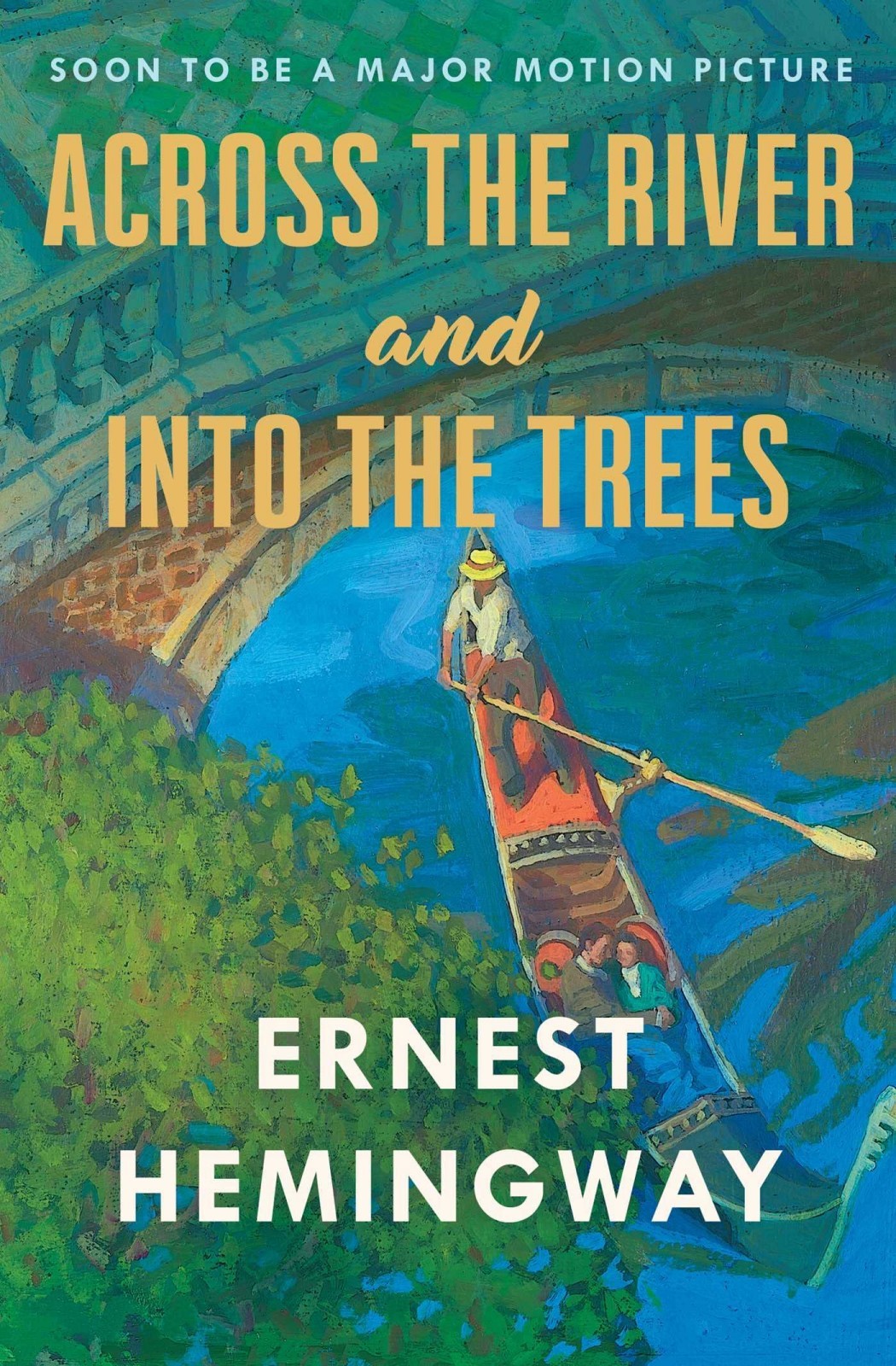What do you think?
Rate this book


288 pages, Kindle Edition
First published January 1, 1950






"Jackson," he said. "Do you know what General Thomas J. Jackson said on one occasion? On the occasion of his unfortunate death. ... Then he said, 'No, no let us cross over the river and rest under the shade of the trees.'"

“When people talk listen completely. Don’t be thinking what you’re going to say. Most people never listen.”

